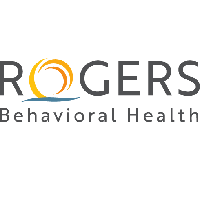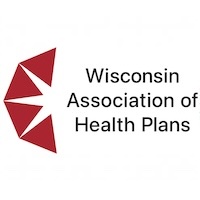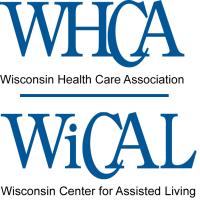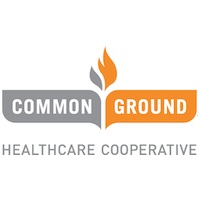
DHS will resume funding for grants canceled by Trump administration
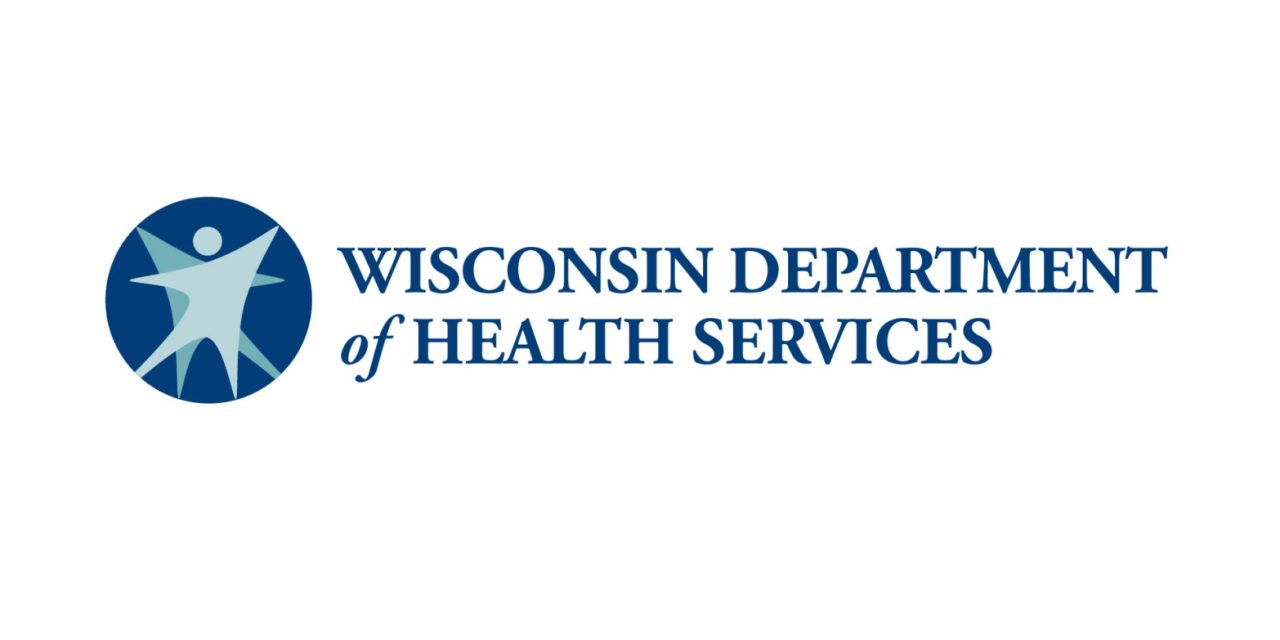
Editor’s note: This story was updated with additional information at 9:10 a.m., Thursday, April 10, 2025.
State health officials will resume funding projects supported by $225 million in grants canceled by President Donald Trump’s administration, after they said they were putting the funds on hold even with a court decision blocking the terminations.
Last month, the Trump administration canceled money, tied to COVID-19 relief laws, that was supporting projects related to public health, emergency medical services, mental healthcare and substance use disorder treatment.
Wisconsin, 22 other states and the District of Columbia sued over the terminations. A court issued a temporary restraining order last week that blocked the cancellations.
Department of Health Services Secretary-designee Kirsten Johnson said at a Wisconsin Health News event Tuesday the department was placing a hold on the funds due to legal uncertainty.
On Tuesday, the federal government confirmed to DHS the cuts are no longer in effect. It has also challenged the temporary block.
Johnson told grantees Wednesday that the challenge means “continued legal uncertainty regarding the grants and how long the grants will remain in effect.”
“After carefully analyzing the temporary restraining order and the lawsuit within the context of the current political and legal environment and assessing the associated risks, we are comfortable resuming the work to support these grants,” she said.
Johnson noted that grantees should consider the risk they take by restarting the work.
“Given the current volatile political and legal environment, DHS may receive word at any time the funding is no longer available based on the temporary nature of the current order,” Johnson said. “Thus, we unfortunately cannot guarantee how long current grant funding will be available.”
The court’s next hearing is set for April 16. DHS does not know if any decisions will be made then, and court schedules are subject to change, Johnson noted.
Grantees could restart their projects Wednesday and receive reimbursement for any work completed between March 25 and 27. Programs that choose not to restart their work can still receive reimbursement for that period of time.
Organizations that restart their work can submit reimbursement for expenses incurred anytime after the court order, starting April 4.
This article first appeared in the Wisconsin Health News daily email newsletter. Sign up for your free trial here.








.jpg?bwg=1612548324)





